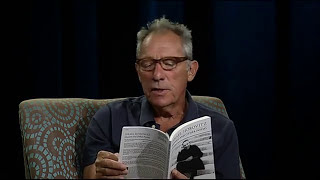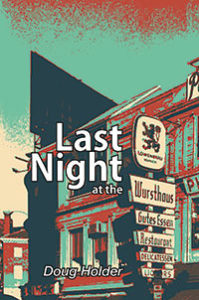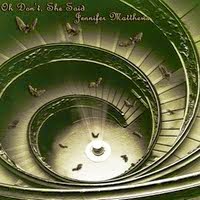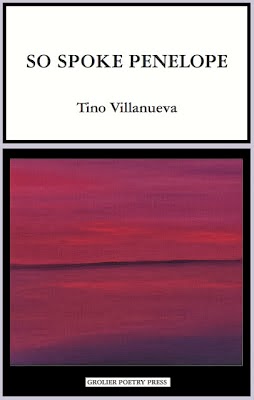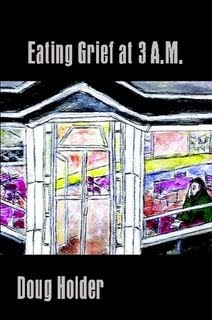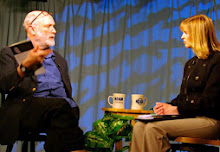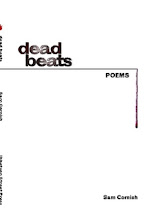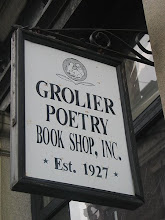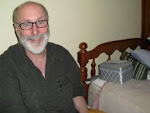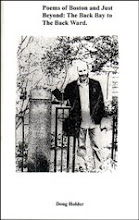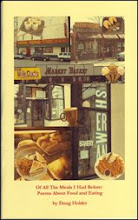
Grief. Poems by Donald Lev. (A Bard Press Chapbook/ Ten Players Inc. 393 Saint Pauls Ave. Staten Island, NY 10304) $12.
Like my good friend Ed Galing, Donald Lev lost his creative and life partner Enid Dame. Lev has produced a collection of poetry in memory of her, and the pain he feels in her absence.
Donald Lev, who I had the pleasure to meet at the “Poet’s House” poetry month celebration in NYC in April 2006, is a small press character of the highest order. Born in NYC, he worked in the wire rooms of the “Daily News,” and “The New York Times,” and later drove a cab for twenty years. Later he worked at and contributed poetry to the “Village Voice,” and operated a bookstore on the Lower East Side of NYC. He had a brief underground acting career, appearing in the movie “Putney Swope.” (1969)
In 1979 he founded the well-known literary tabloid the “Home Planet News” with his partner Enid Dame.
The poems in “Grief” make it viscerally evident of the poet’s love for his dearly departed. These poems have nothing that you would find in Hallmark card verse. They are a call from the living wounded; honest and unreserved. In the poem “Another Day,” the everyday is elevated to the high holy:
“… I am here
to celebrate existence, say that it is
good then go on to another day when
one hopes one’s beautiful old long
haired cat does not die, when one’s
wife’s terrible disease does not hasten
on its destructive path but stops along
the way to perhaps atone? And one’s
own deserved agonies take a holiday.
A lovely day to contemplate. A Disney
day with happy animals and birds at
play. A child’s day.”
In “No Exit Ever,” a poem dedicated to Philip Levine, Lev takes on the ironic sensibility of the posturing existentialists; when confronting the cold slap of the death of a partner:
“Hell isn’t other people, it is also no other people.
Jean Paul Sartre and his cool ilk
fabricated an existential hero alone
in glacial subterranea
making cool decisions…
I wished myself a happy (don’t laugh)
69th birthday at a bar with gibsons and
steak sandwich. Only my second in the last
27 I was not across a table from the one
other person that had been my heaven.
Cool existentialist poet that I was I
guess I gave little inkling on paper all those years
on how it really was”
After reading this chap you might look at your partner and give him or her a hug…like it could be your very last.
Doug Holder/ Ibbetson Update



